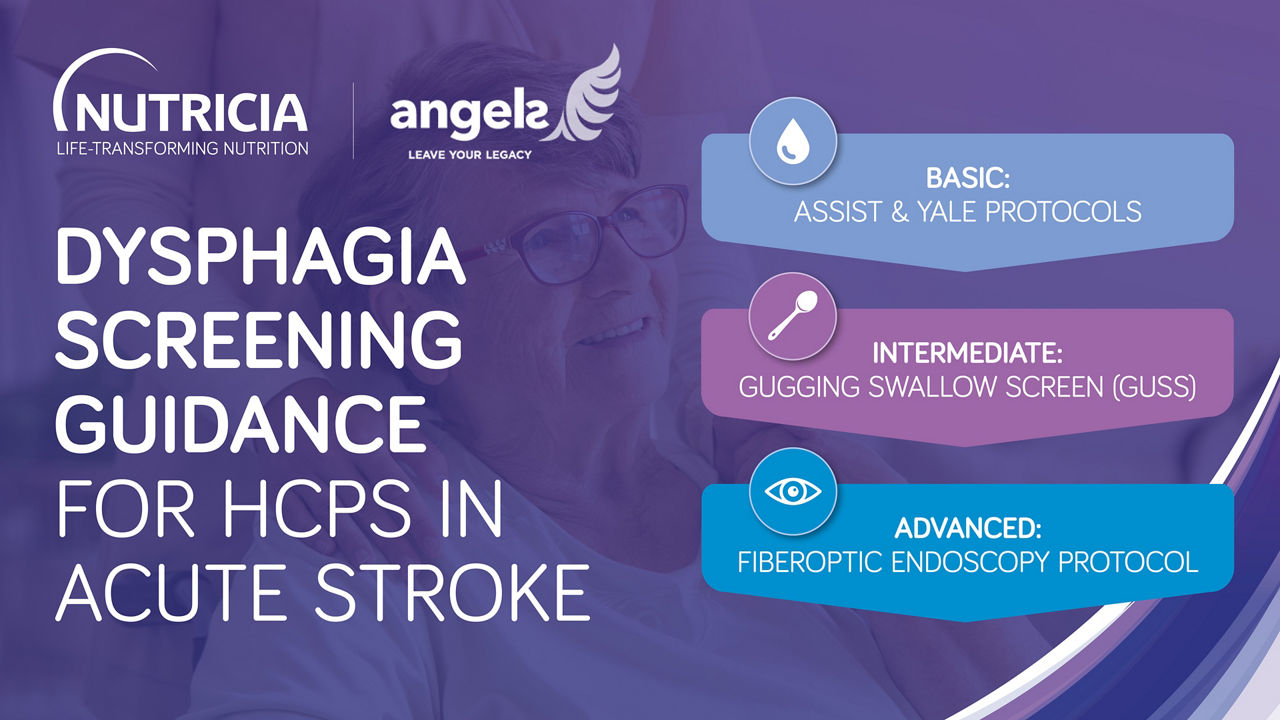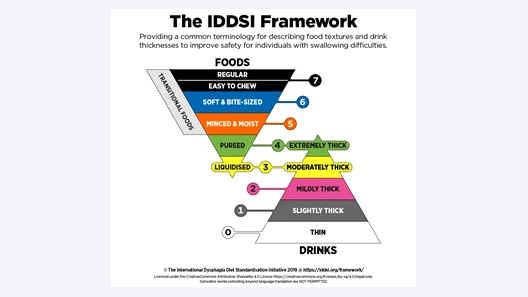Malnutrition highly prevalent in stroke patients undergoing rehabilitation, new study finds
A new study published in the journal Frontiers in Neurology explores stroke-related malnutrition in patients with and without swallowing problems after stroke1. The study assessed several parameters linked to nutrition and recovery such as blood nutritional compounds and metabolites, nutritional intake, quality of life and daily activities.
After a stroke, issues with feeding are common. Oropharyngeal dysphagia (OD), a term describing swallowing problems occurring in the mouth and/or the throat, is one of the main causes of post-stroke malnutrition. If people have trouble swallowing safely, they might not get all the nutrition they need, leading to loss of weight and muscle mass.
To further understand stroke-related malnutrition, the study observed a population of stroke patients with and without dysphagia admitted in a rehabilitation center ≥2 and ≤12 weeks after they had a stroke and were compared to healthy subjects with the same sex and age. The study found more stroke patients with swallowing problems are malnourished (65%) than patients without dysphagia (45%).
Reported energy, macronutrient and water intake were lower in stroke patients than in healthy reference subjects. As expected, quality of life and activities of daily living scores were lower in stroke patients than in healthy reference subjects; stroke patients with OD scored worse in these areas than patients without OD. Levels of essential nutrients in their blood were found to be depleted irrespective of whether they had dysphagia.
The results highlight the importance of screening for nutritional problems in every stroke patient, with or without dysphagia, to support their recovery.



